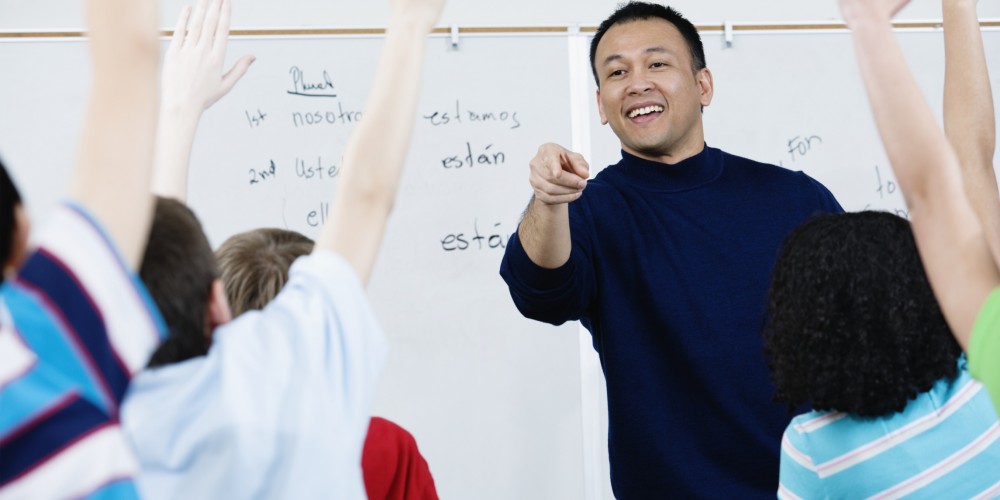Last week I was at my son’s school for a prize- giving event and was taken by something the Headmaster Mr Knibbs said during his welcome speech to the parents and student. He talked about a focus ‘beyond academic results’ and about the importance of creating a sense of balance and wellbeing in the school. This, Mr Knibbs said, ‘would lead to the right results for each boy and for Hampton school as a whole’. He went on to talk about the importance of creating balance – helping the boys develop inner confidence, strength of character and a healthy relationship with competition. He talked about humility, resilience and the boys being mindful of their actions whilst having fun and even experiencing joy during their time at the school. What words of wisdom! How refreshing to hear an educator not just talking about the curriculum, achievements and results, but also about wellbeing. It struck me that here was a man responsible for educating these young men and who was talking the language of a conscious leader.
Whilst many of today’s business leaders recognise that the mechanistic concept of business – purely existing as a money making machine, is outdated, there are still many more that need to be convinced. Many believe that the ‘soft stuff’ (culture, emotions and behaviours at work) is just too hard to invest in. I would refer these cynics to the results Mr Knibbs and his colleagues have achieved at their school. They manage year after year to turn out a set of boys who are smart, caring, confident and yes competitive in all the right ways, who support each other and have fun. And yes, they achieve great results. Sustainable results.
Words like fun, balance and humility rarely come up in the everyday business world – but I am eternally thankful to the awareness and farsightedness of schools such as Hampton and educators like Mr Knibbs who are giving such a great start to our next generation of leaders. If this is what they experience in their formative years we can only hope that when they enter the world of businesses they will help transform the organisations of today into conscious businesses of the future.
I read recently that ‘education today does not help children become wise, only knowledgeable. It does not help us to live a better life, or to deal positively with our emotions and build better relations with others, or how to let compassion guide our thinking so that we can create a co- operative society rather than a competitive one’. Whilst this may still be true for many of our schools (and recognizing that government still has a long way to go in delivering an education system that is worthy of our children) it is heartwarming to see that Hampton school and schools like it, both in the private and public sector, are leading the way. We only have to look at organizations like Dovetail a non for profit organization in the US which is dedicated to ‘strengthening children’s innate capacity for resilience, self-mastery, and empathy for others’ through its Toolbox Project to see what is possible. It’s curriculum, practices, and methods foster healthy development and well-being for the “whole child” and the entire school community. The tool-box is now being adopted in over 100 schools in North California.
And closer to home Hampton Court House School in Surrey made a bold and pioneering step to cancel morning lessons for sixth form pupils because of the teenage trait of going to bed late and struggling to wake up early.
The school starts lessons for sixth formers at 1.30pm, instead of the conventional time of 9am and classes end at 7pm. According to the school, they believe this approach will be more productive and less stressful for its students.
In a recent article in Huffington post covering this move; Headmaster Guy Holloway said: “There is now more and more scientific evidence to support what many parents and teachers have known for years. The fact is that many teenagers do not sleep sufficiently during the week and this can, and often does, have a significant impact on teenage cognition and mental and physical health generally.”
Whilst I appreciate it is potentially easier to adopt these approaches in the private sector, I do believe that many schools both in the private and public sector are making great strides in nurturing healthy development and wellbeing for the ‘whole child’ and the entire school community. Our leaders in organizations should sit up and take note of these changes – these young students are your next generation of talent – and they will expect more from you.



Join the conversation